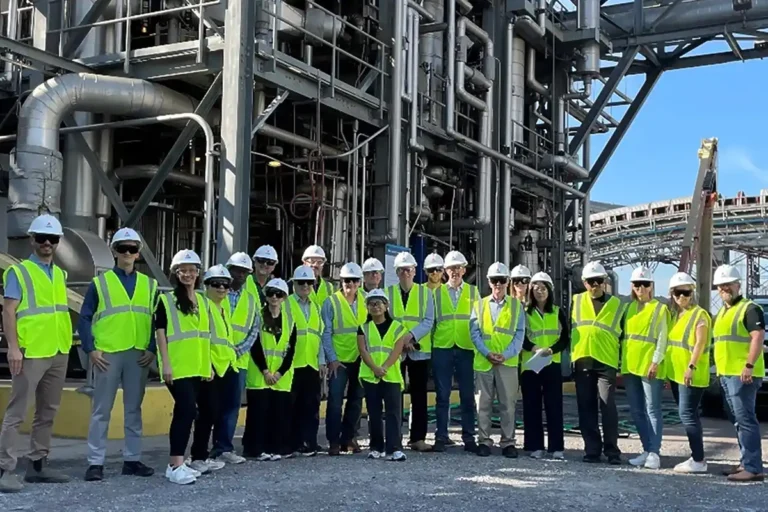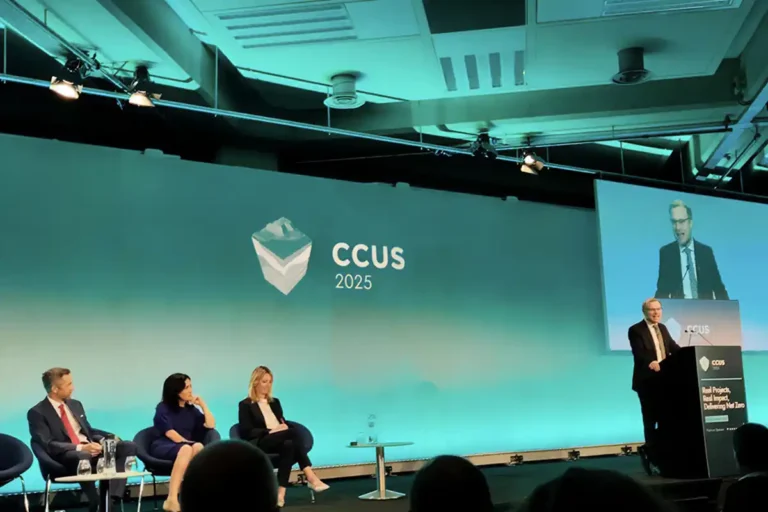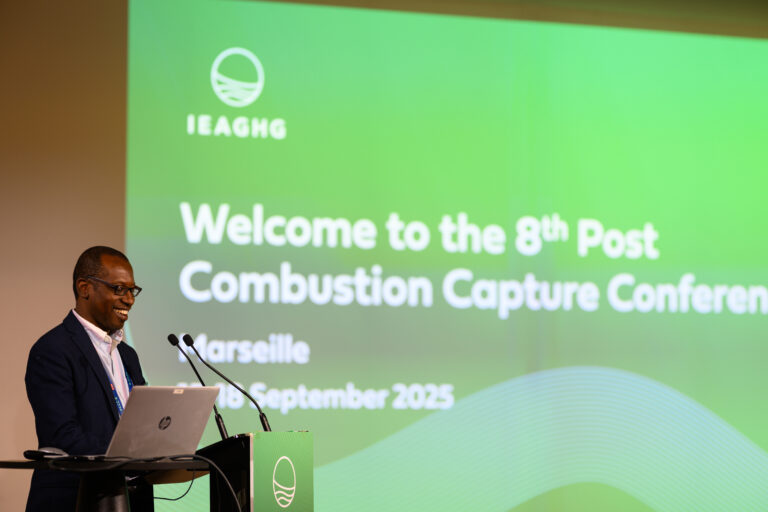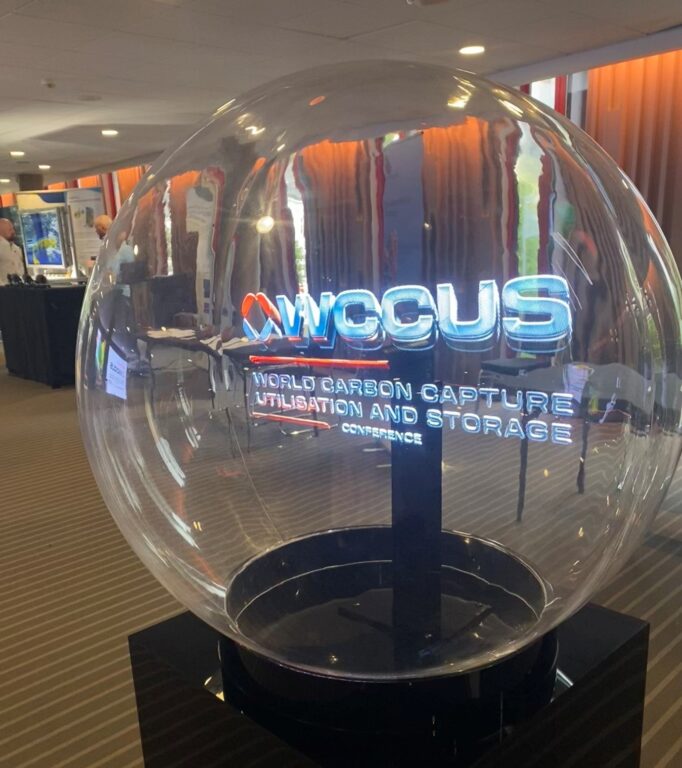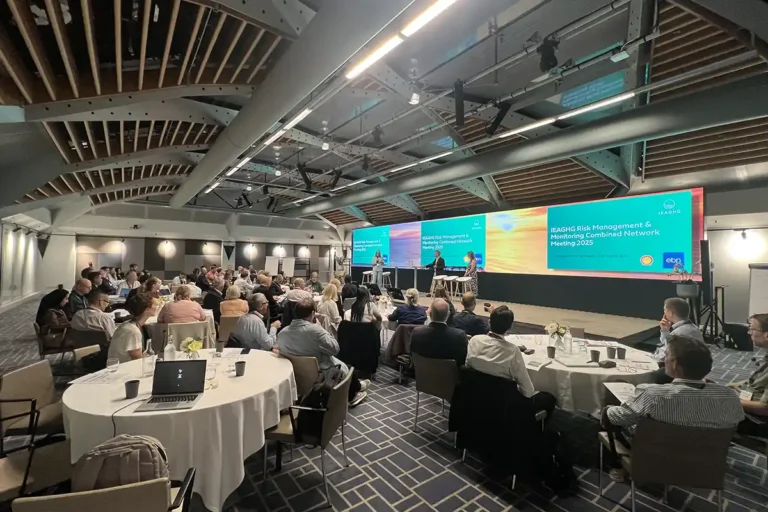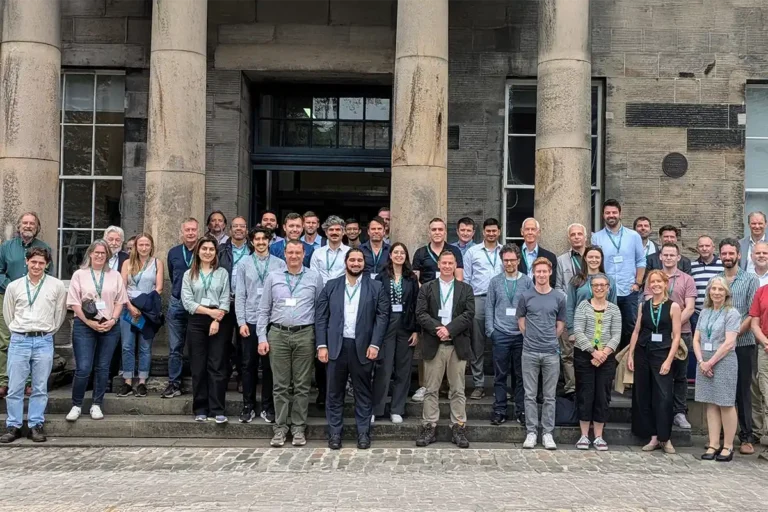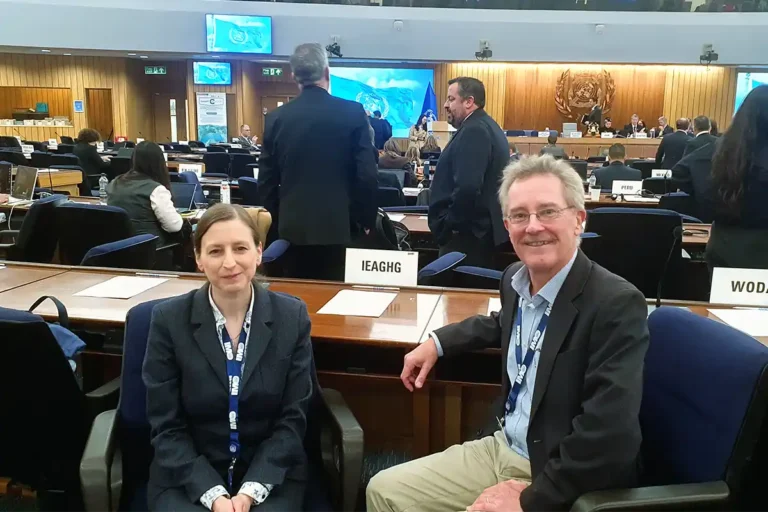
Evaluation of Barriers to National CO₂ Geological Storage Assessments
19 April 2016

A study recently completed for the Carbon Sequestration Leadership Forum (CSLF) has just been published. This review was undertaken by the CO2 Storage team of the British Geological Survey (BGS) on behalf of UK Department of Energy and Climate Change and the Korean Clean Energy Ministry who jointly funded the work. The project was managed by the IEAGHG.
BGS conducted a survey of several countries to establish the level of national CO2 storage assessment that has been achieved. All of the 15 countries who responded had completed national CSLF-methodology ‘theoretical’ storage capacity assessments. These initial estimates were sufficient to allow policymakers to make informed decisions about priorities for follow-up actions. The most commonly reported barriers to progressing national assessments of CO2 storage capacity were:
- Data availability, either due to sparsity or absence of data, or data that is available but proprietary and so inaccessible.
- Data quality, often due to the age of the available data.
- Lack of industrial support.
- Absence of political and regulatory support.
Methodologies for estimating storage capacity varied widely in approach and showed continuous development in terms of sophistication and techniques. Significant challenges have been created in some countries by undertaking partial assessments using widely differing methodologies which prevented assessments from being made for the country as a whole.
The survey did illuminated areas where improvements or initiatives could improve storage estimates. Several key recommendations have been proposed including: increasing levels of assessment detail in a step-wise manner, with appropriate decision points; where storage potential exists, policy support should ensure that there is a long-term vision for reducing greenhouse gas emissions which may include deployment of CCS; and the creation of a national body to drive CCS forward.
National assessments have been achieved in a few countries relatively rapidly by using publically available data collated in national data repositories. Most countries take between five to ten years. Efficient progress tends to occur when national or regional geological survey organisations are involved. Access to relevant data, often related to hydrocarbon exploration and development has also facilitated storage estimates.
Developing a strategy for prioritisation of the most favourable sites has been identified as a crucial step in developing a targeted and efficient approach to storage assessments. Clarity on uncertainties that remain in the data is also critical to the assessment. The study recommended that the establishment of a national-level database of potential sites is a good stepping-stone to detailed site surveys and flow simulations. This approach helps to identify ‘sweet spots’ for potential storage operators. Simple volumetric estimates are a strong first stage in a national storage assessment. Flow simulations providing dynamic capacity estimates are needed to fully understand the potential CO2 storage capacity. New data will almost certainly be required to meet this increased level of understanding. However, the lack of modern data should not prevent storage assessments from being undertaken. Legacy data can be used to provide an adequate national assessment and highlight areas where new data should be acquired.
Leading countries in the field of national assessments such as the USA, Norway and the UK have expertise not only in the ability to produce these assessments but also the data management that will be necessary. International co-operation built on this experience is an obvious route to improve and enhance national assessments.
Other articles you might be interested in
Get the latest CCS news and insights
Get essential news and updates from the CCS sector and the IEAGHG by email.
Can’t find what you are looking for?
Whatever you would like to know, our dedicated team of experts is here to help you. Just drop us an email and we will get back to you as soon as we can.
Contact Us NowOther articles you might be interested in
Get the latest CCS news and insights
Get essential news and updates from the CCS sector and the IEAGHG by email.
Can't find what you are looking for?
Whatever you would like to know, our dedicated team of experts is here to help you. Just drop us an email and we will get back to you as soon as we can.
Contact Us Now

